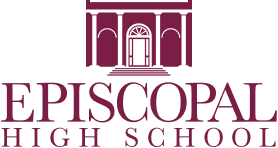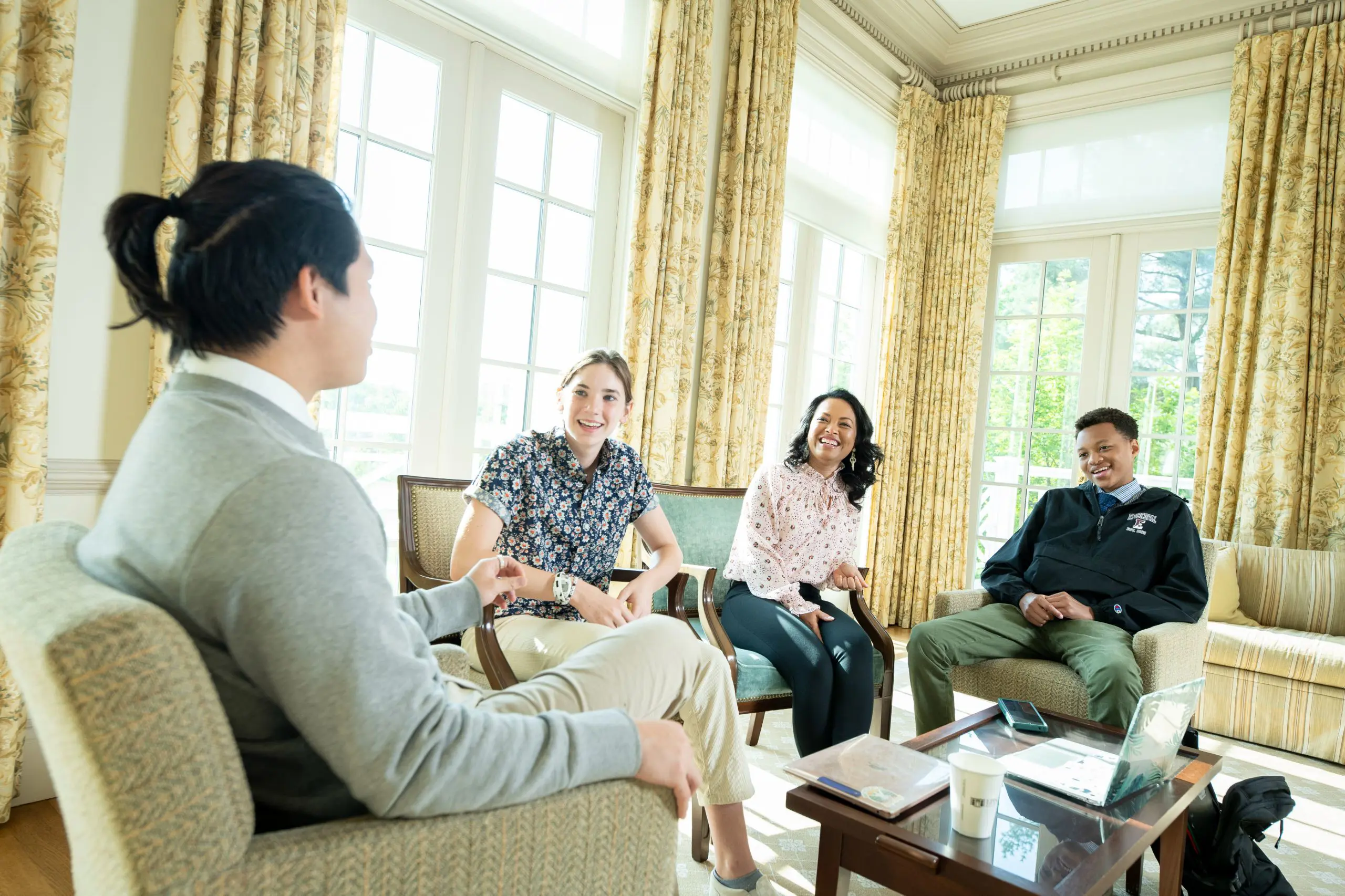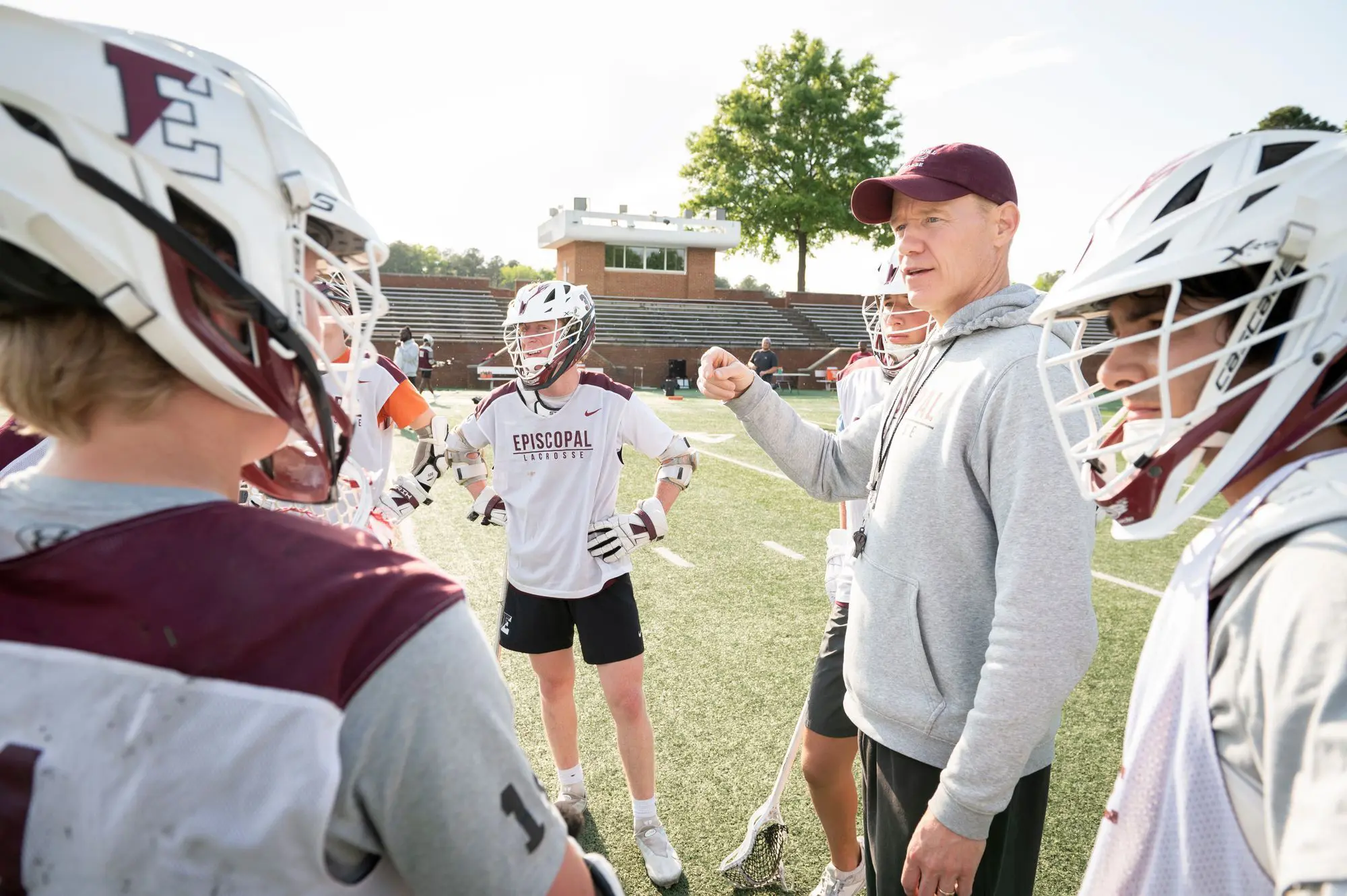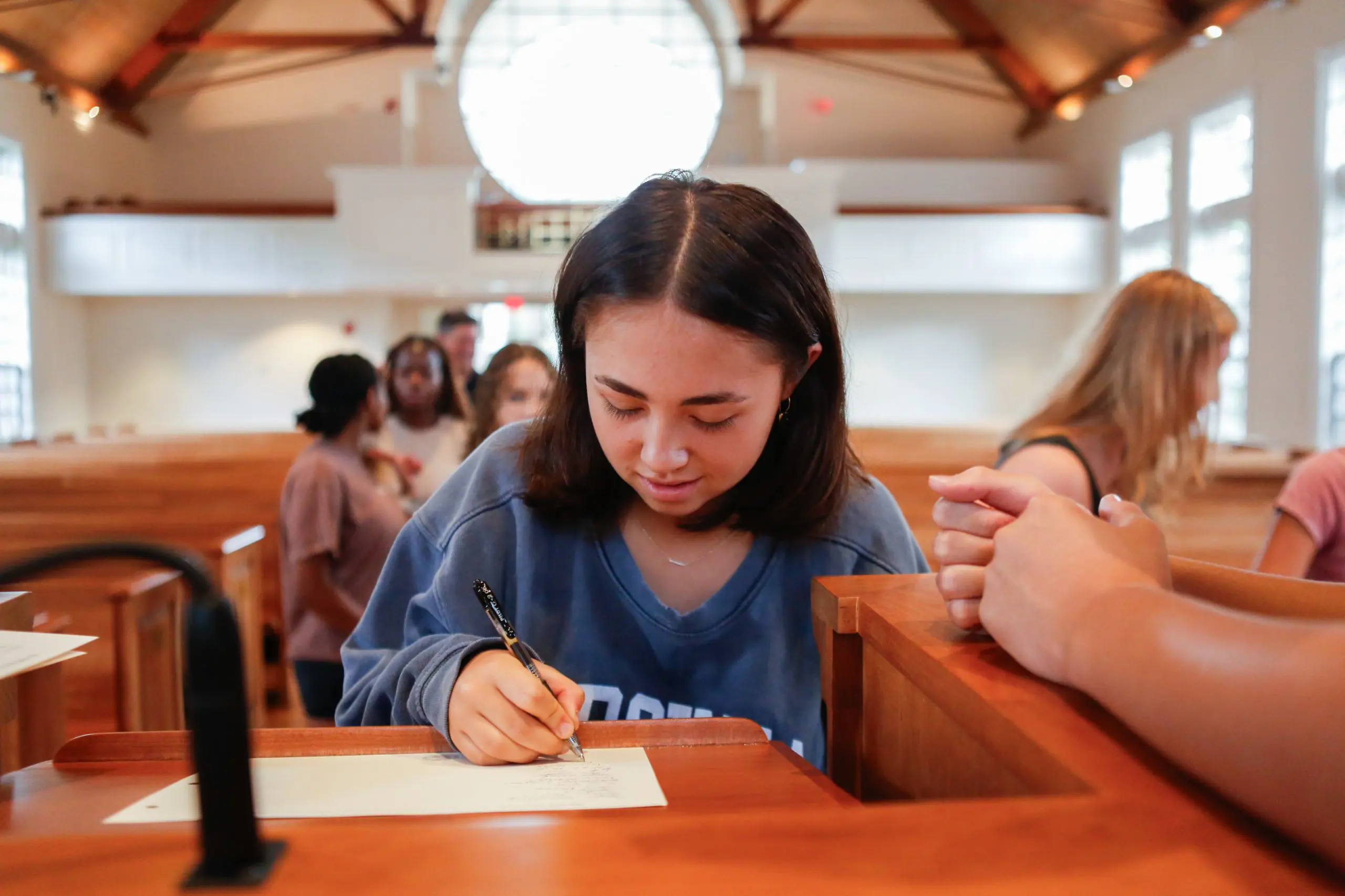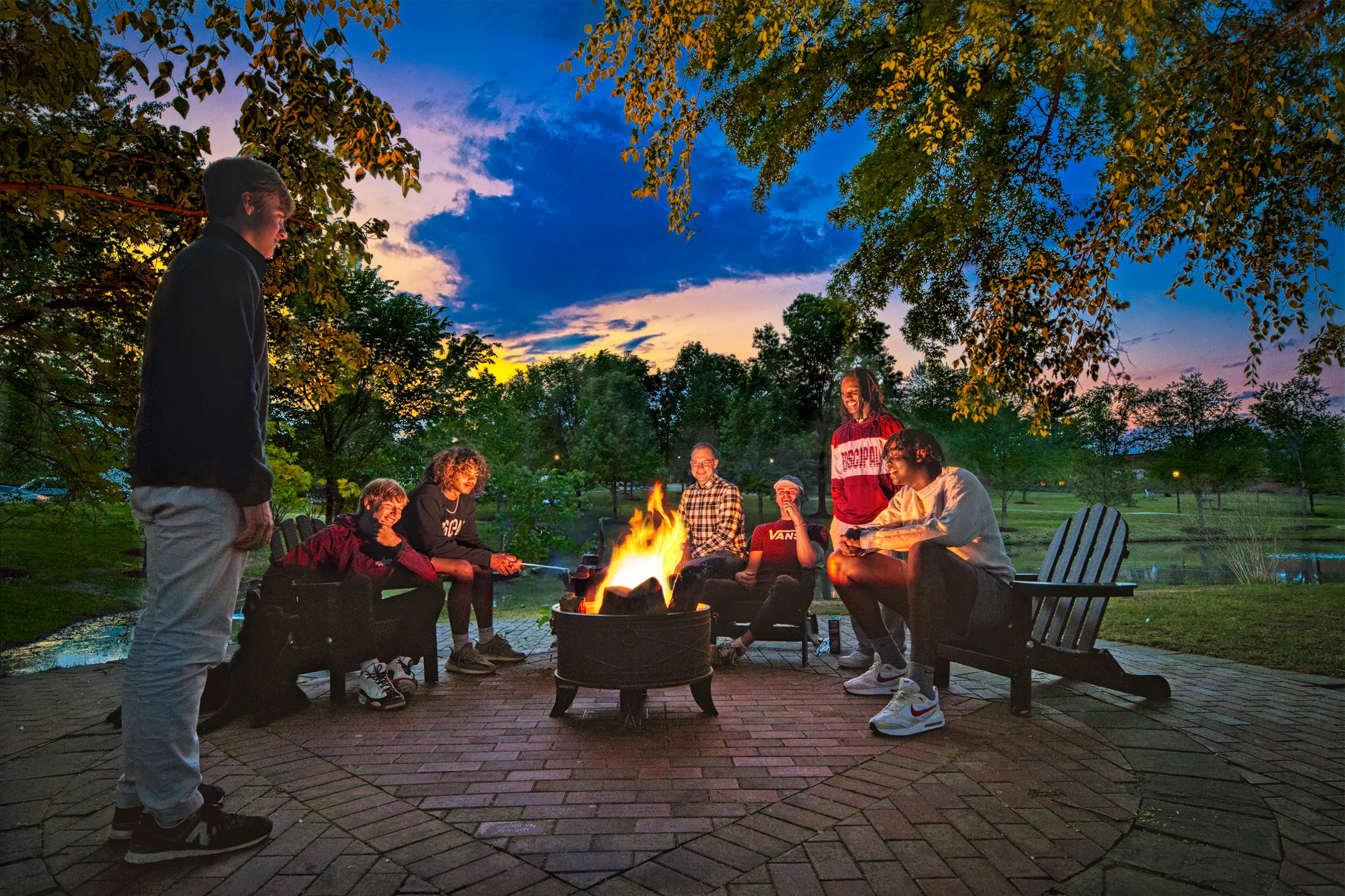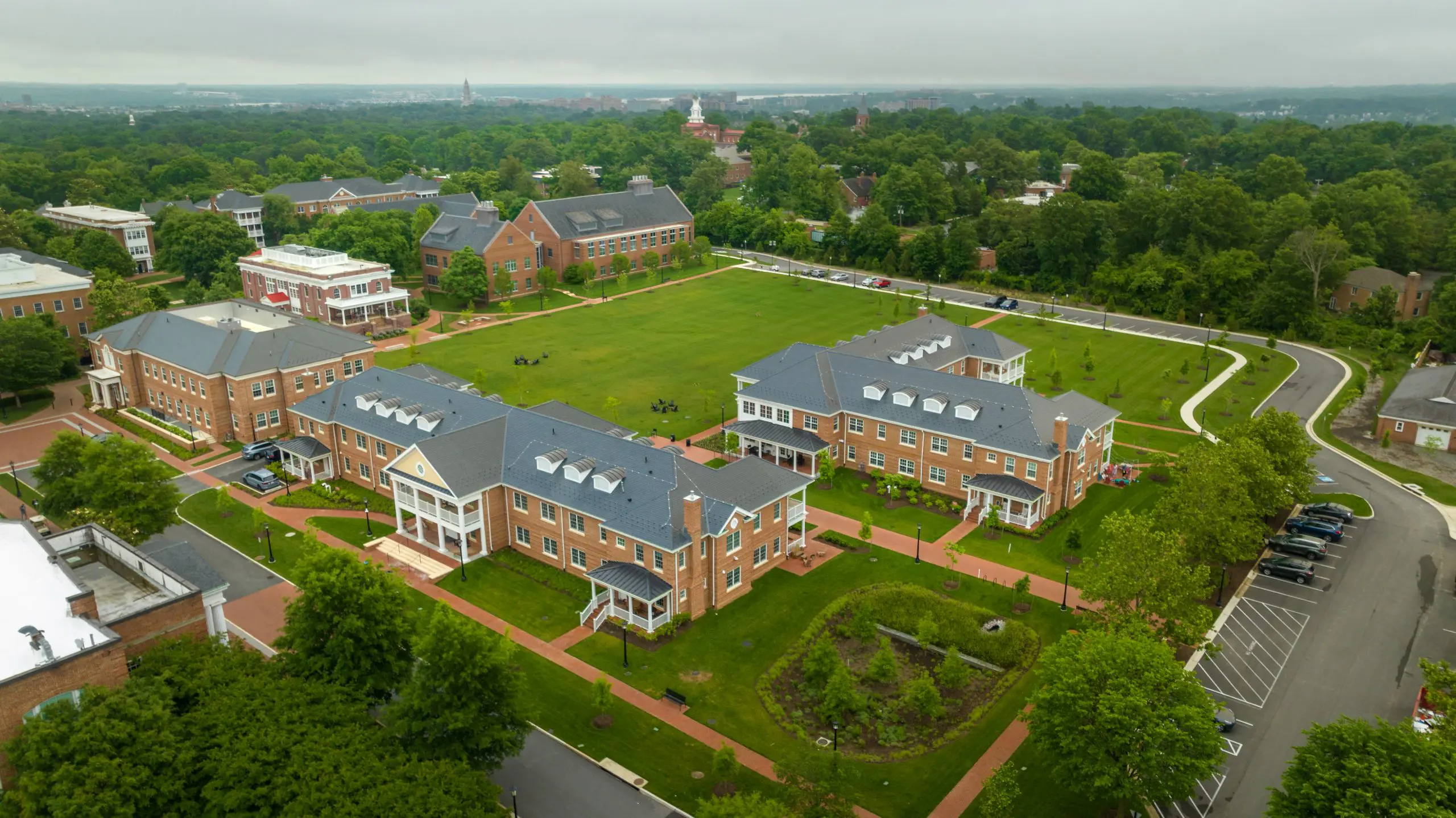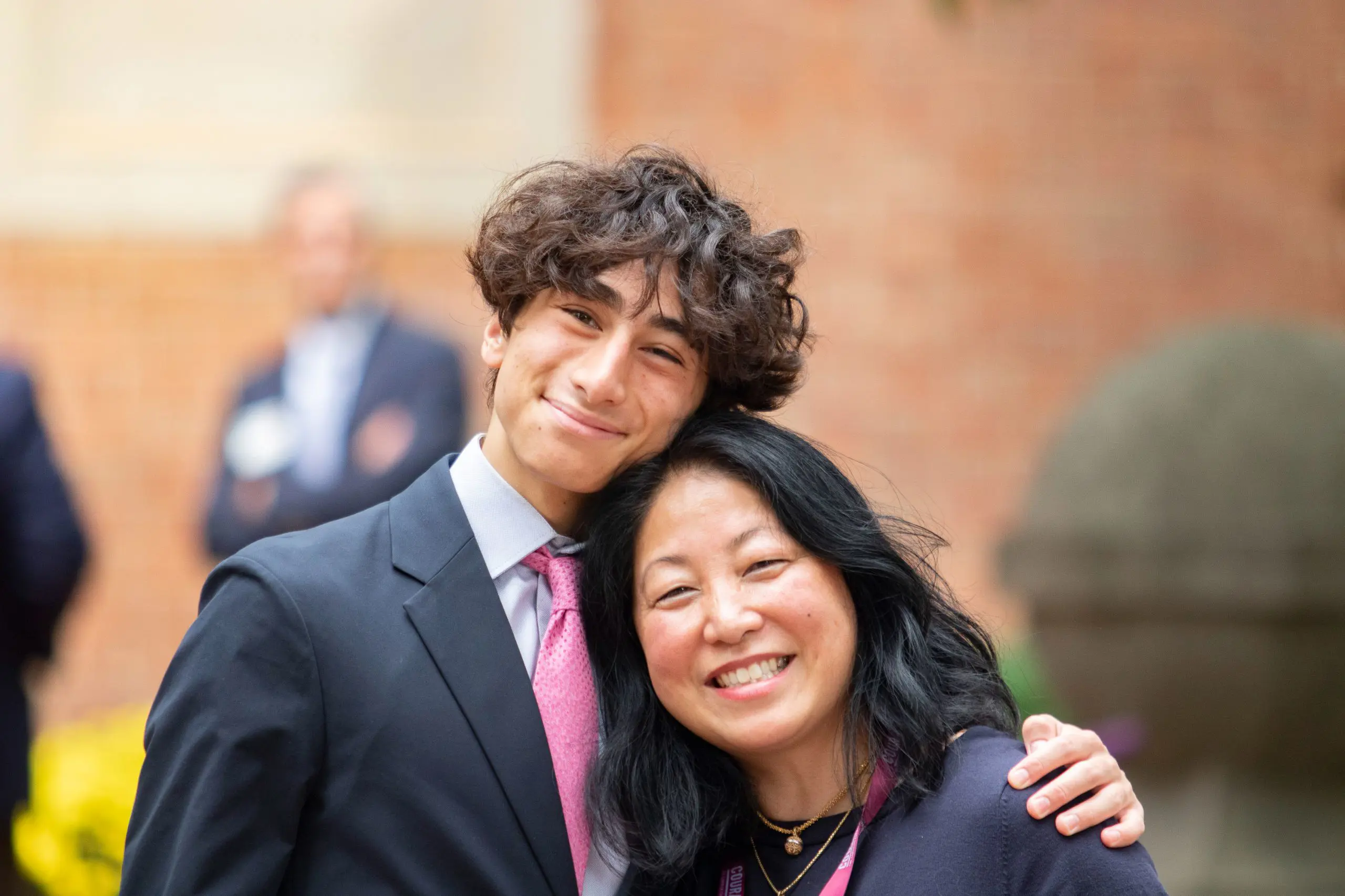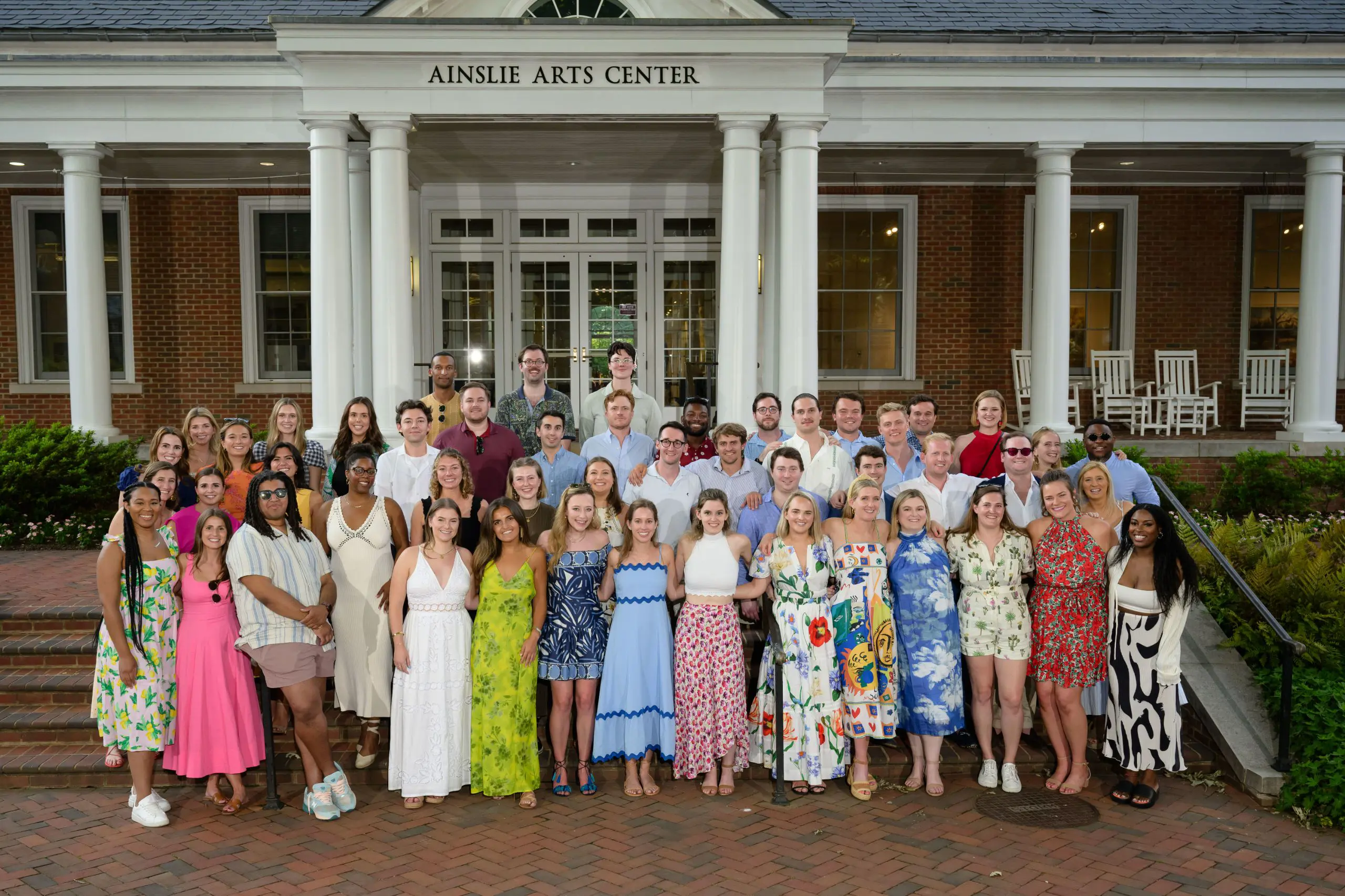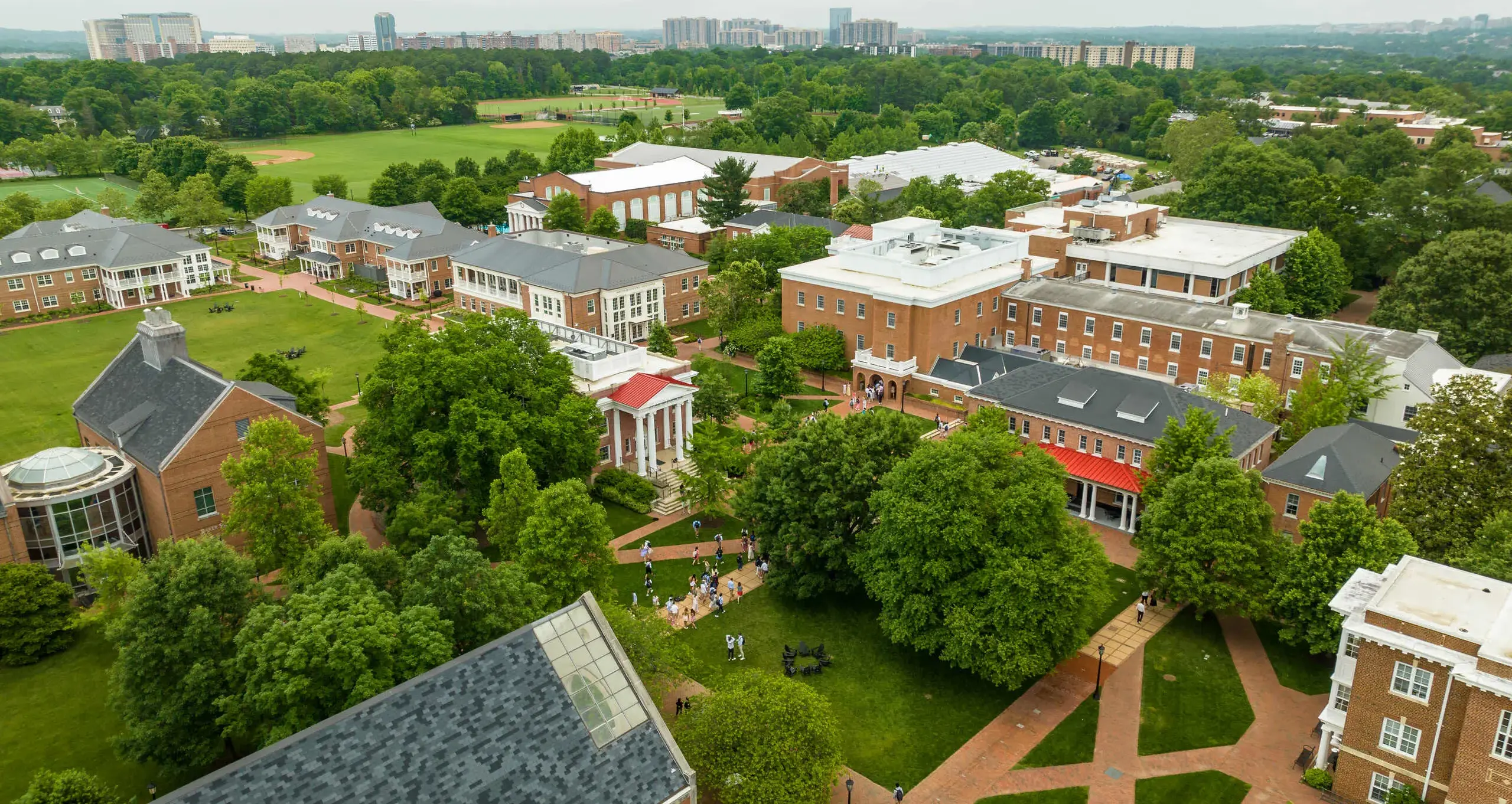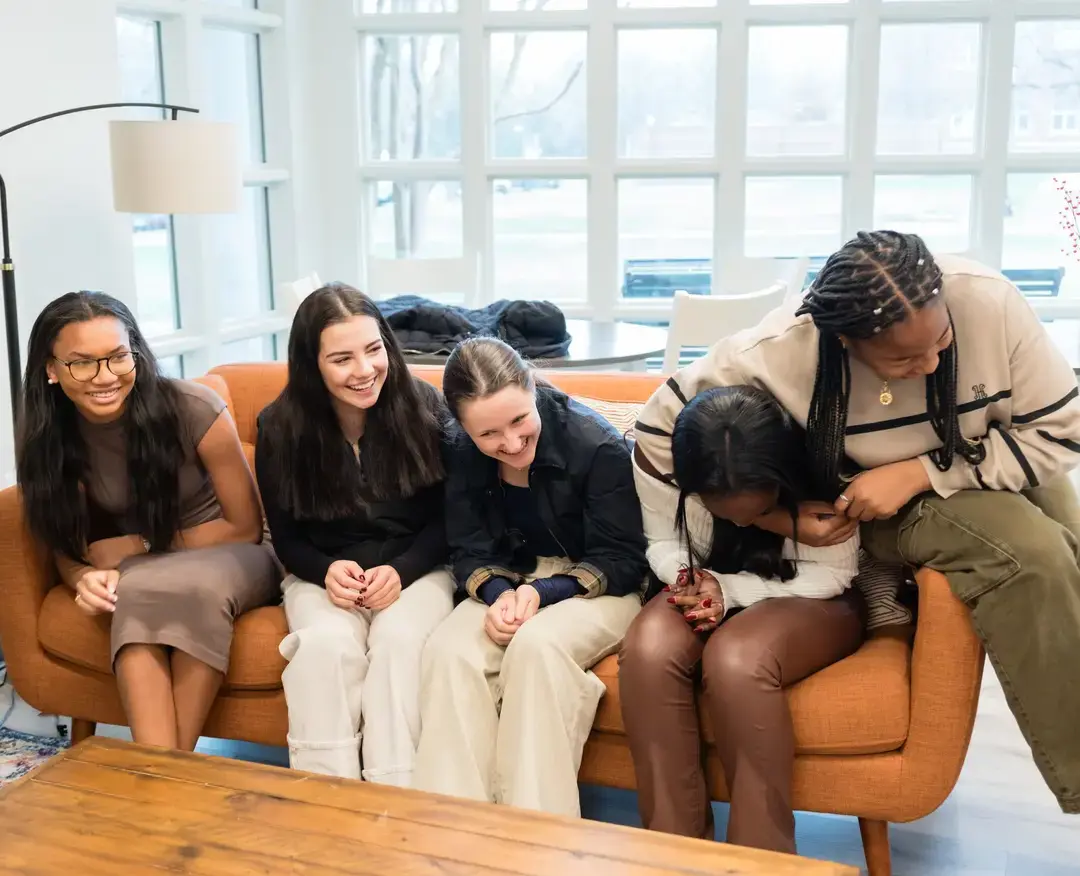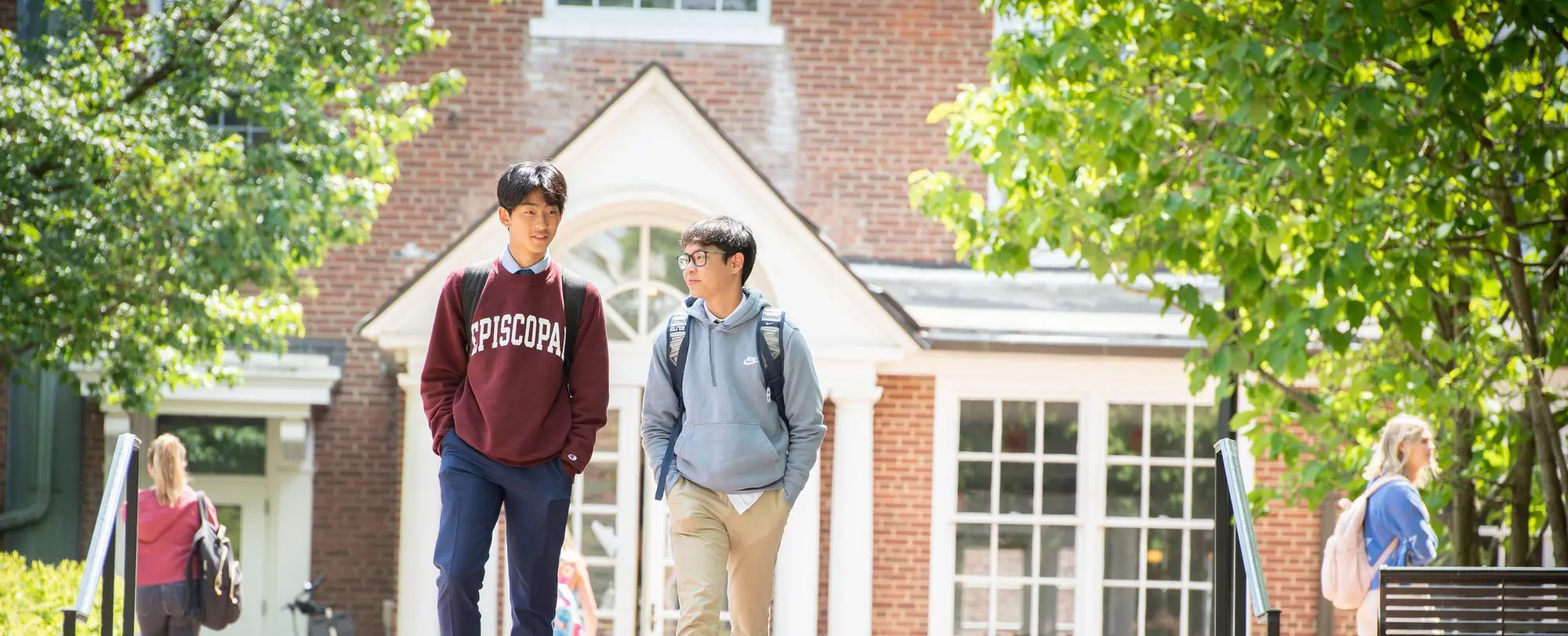| Where do your students come from? |
|---|
| Our current student body hails from 25 states, the District of Columbia, Puerto Rico, and 22 countries. The five states most represented in our student body are Virginia, North Carolina, Maryland, New York, and Georgia. Episcopal values geographic diversity, and the staff of the Admissions Office travel across the country and to selected international locations looking for talented students. |
| How are roommates determined? |
| All new students are assigned roommates in the same grade. Newly enrolled students complete a roommate questionnaire, which the Admissions Office uses to pair new students with their roommates. After the first year, students choose their own roommates and rooms through a lottery system. The majority of students live in double rooms; however, single and triple rooms are also available. |
| Does an EHS student have to be a Christian? |
| No. EHS welcomes and seeks students from all backgrounds. All students and faculty attend Chapel three times a week to gather as a community for thoughtful, spiritual reflection. During Chapel, individual students and faculty from all faith backgrounds have the opportunity to give informal Chapel Talks, sharing experiences, viewpoints, or personal revelations in an environment of abiding closeness and trust. The chaplains support students in their own personal spiritual journeys regardless of religious affiliation and play an active role in arranging for students to attend religious services of all faiths off campus. Visit our Chapel and Spiritual Life page to learn more. |
| What happens at EHS on weekends? |
|
There are no Saturday classes at EHS; the weekends are full of exciting events from Friday afternoon through Sunday. |
| How does EHS take advantage of its location next the United States capital city? |
|
Through connections and partnerships forged by Episcopal’s McCain-Ravenel Center for Intellectual and Moral Courage, we create uniquely powerful learning opportunities in and around Washington that are part of every aspect of academic and student life — and are impossible to replicate elsewhere. With Episcopal’s one-of-a-kind academic schedule, faculty use an extended block in the middle of the day for immersive and interactive learning expeditions aligned directly with their teaching. These real world connections bring students a closer understanding of each subject. And, because all students live on campus, teachers are able to expand the use of Washington to evenings and weekends, providing our students with unsurpassed opportunities for cultural performances, expert talks, unique learning experiences, and more. In the spring of senior year, seniors finish their coursework by the beginning of May so that they can engage in a four-week externship, aligned with their interests, in the D.C. area. Learn more about Episcopal’s McCain-Ravenel Center for Intellectual and Moral Courage. |
| What is the dress code at EHS? |
|
Episcopal has a dress code. At all times, students are expected to dress in a manner that is neat and respectful. All hair must also be neat and clean. All clothing must be clean and in good repair (not torn, frayed, or cut off). All clothing must cover the chest, back, stomach, and undergarments. Clothing cannot contain offensive language or images or political slogans. Hats are not worn in public indoor spaces, excluding the dormitories. During the academic day, students are asked to dress in academic attire, a The following meets the academic attire dress code for girls:
The following meets the academic attire dress code for boys:
|
| How do faculty supervise and interact with students? |
|
With 90 percent of faculty living on campus and an average classroom size of 11 students, it is impossible to remain anonymous at EHS. Faculty members are dorm parents, coaches, advisors, and mentors. Faculty serve as trusted adults who support and care for students in our 24/7 learning and living environment. The first line of faculty contact for any student or parent is the student’s advisor. The advisor is in regular contact with a student’s parents and teachers, and helps to coordinate and track a student's academic progress, social growth, and maturity. |
| What kind of assistance do students receive in their college search? |
| Episcopal’s College Counseling Office makes sure that all students are engaged and assisted in their college searches. Three full-time college counselors and one administrative assistant are available to all students regardless of grade level to answer questions as they may arise. During the junior year, students are assigned a college counselor who will work with that student and his or her family for the remainder of the student’s college search. Visit the College Counseling page to learn more. |
| What are the available resources if a student experiences academic difficulties? |
| Teachers and advisors are available to help students with their school work outside of the classroom. Teachers are available for support during office hours at various times throughout the week. Extra help sessions can also occur before or after class, during evening study hall, and on the weekends. The School also offers a variety of peer tutoring resources, which are popular with students. Private tutoring and extra study halls are also options for students who need additional support. The Crosland Academic Support Center is available to support students with individual learning needs. |
| What are Episcopal's policies on substance use (drugs, alcohol, vaping, misuse of prescription drugs)? |
| Episcopal High School expects students to abide by Virginia laws regarding substance use. EHS believes that students who use these substances are not in a position to thrive at our school and that students who postpone substance use are less likely to develop addictions in the future. Therefore, students who are caught using, possessing, or distributing illegal substances while on campus or while under the School's authority will be dismissed from EHS. The School provides many educational resources to help students understand the impact of substance use and abuse through the deButts Health & Wellness Center and sponsors an annual speakers series, Healthy Choices, which brings an interesting array of experts to campus throughout each year. |
| How does EHS handle security in a major metropolitan area? |
|
In addition to dorm faculty whose primary focus is student safety, EHS employs a seasoned professional security detail on campus 24 hours a day, 7 days a week. After 6:30 p.m., access to the campus is limited to one gate that is guarded by security personnel until 6:00 a.m. Students are required to sign out when leaving campus, and they are encouraged to go with a friend when they do so. Every student has access to a 24-hour emergency telephone number that reaches a school administrator by cell phone. A comprehensive emergency response plan is also in effect on the campus.
|
| What criteria are most important to the Admissions Committee? |
| Episcopal seeks to enroll students of strong character. Ideal applicants should demonstrate the intelligence, curiosity, and motivation needed to succeed in our classrooms through their record at their previous schools. Additionally, the Admissions Committee seeks students who have the ability to contribute to the extracurricular life of the School, be it artistically, athletically, or through community service. |
